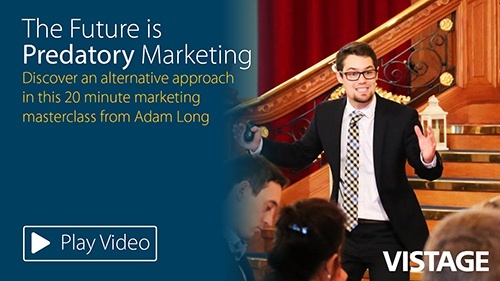
I really like podcasts and one of my favourites is BBC Radio 4’s The Bottom Line. I was recently listening to one of the episodes on customer service, Evan Davis was talking to some European heavy hitters about what customer service meant in their businesses. It’s hard for small and mid-tier businesses to compare themselves to the likes of Ryan Air, Dixons Carphone and Scottish Power. However, the three panellists gave some interesting insights as to how their organisations had succeeded and, more importantly, failed with their customer service strategies.
The three businesses had very different definitions of customer service; they talked about how technology played a part in the engagement with their customer and the role their staff members played.
Neil Clitheroe, Retail Director at Scottish Power, admitted that not many of their customers jumped out of bed wanting to call their energy supplier but preferred doing as much as possible online. Scottish Power has invested heavily in technology and their complaints have dropped by 70 per cent. They also saw it as a fail if customers could not find information easily on the website and had to call.
Gary Booker, CMO at Dixons Carphone, discussed their customers’ shopping, online and delivery experience and talked about their $8m investment in frontline training for staff; he said he was never happy with customer service and it could always be improved.
My top 10 takeaways from the conversation were:
- Map out your customers’ journey from end to end and look at how that is resourced; face to face, telephone and/or online, they all need to be as good as each other. You can hear Kenny Jacobs from Ryan Air talk about their website disasters.
- Poor service costs more money than good service ; the cost of recovery when your business makes a mistake is a lot more than getting it right in the first place.
- Generating new customers is a complete waste of time and money if your customer service is poor; you are driving customers to a bad experience.
- Your customers don’t want to hear it’s not your fault; they want to hear how their problem is going to be solved.
- Your business cannot control everything; it can, however, control how your staff respond to your customers.
- Recruiting the right people to deliver the required level of customer service is part of your business’ DNA.
- Continual investment in those staff members is essential and it’s a management responsibility to create systems and processes that show them how to operate.
- The best service can be in the background – it could be low touch points and making sure nothing goes wrong.
- Understand what the customer really wants and manage their expectations – low costs can also mean low levels of service.
- Investment in customer service can be a two to three year payback for most businesses.
Despite the panellists being in senior roles within large organisations, the points they make are valid to businesses of all sizes. I would urge you to ask the following questions of your company:
- Is each customer touch point [be that face to face, telephone or online] as good as the next?
- Do your customer service staff [or all staff for that matter] reflect your business’ position?
- Do you have the right level of customer service in your business for now and future growth?
- Do you have a ‘recovery plan’ if things go wrong?
- Have you asked your customers what is important to them?
In saying all of that, I think a great starting point would be a simple definition in your business of what the customer journey looks like and asking that overarching question: customers - can they have it all?
Debbie Richardson is a Director and Marketing Strategist at www.marketingforCEOs.com.au
Marketing for CEOs unravel strategic marketing for CEOs and business leaders of ambitious businesses looking for growth, and apply our corporate experience to help them build strategic marketing capability that delivers business objectives. Connect with Debbie on LinkedIn.


